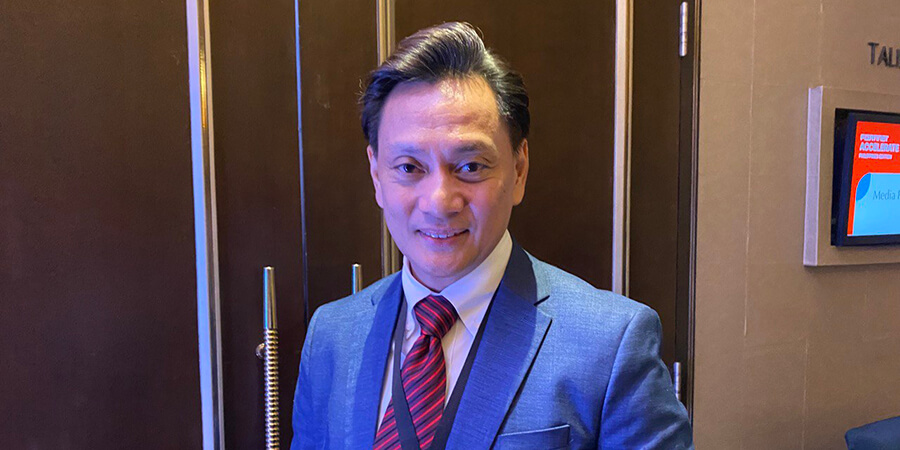Fortinet Accelerate Asia 2023, the highly anticipated technology conference of the year, recently took center stage in the Philippines on May 23, captivating industry leaders, cybersecurity professionals and technology enthusiasts from across the Asia Pacific.
Telecom Review connected with Alan Reyes, the country head of Fortinet Philippines, to learn about Fortinet’s strategy and how the company is accelerating transformation in the region.
What is the outlook for Fortinet in Asia Pacific and specifically in the Philippines in the coming years?
The outlook in terms of growth is very big. We're very bullish in growing our footprint. We're very bullish in supporting our customers. We've been in the business for the past decade already — year 2012 since we started. And right now, we have 80 people on board and still continue to grow in the Asia Pacific. In other countries, they are so advanced; hence, they are reaching the peak of success. Meanwhile, in the Philippines, we are left behind. But we see that the Philippines is moving forward. That is why we are here: to progress more and become the ladder to that.
How will Fortinet keep up with the demands of utilizing cybersecurity?
First and foremost, training. Firstly, you train them; you train them, and they get pirated. So you have to train (even the new graduates). So it is like continuously training them. One thing that I really wanted to do is partner with academia — partnership with the University: whatever we can do to improve their curriculum to train the younger generations is good for us. I was talking to one of our customers — one of the biggest retailers in the country — and they told me, “Alan, you have to help us churn out more NSEs to issue our certifications.”
How does Fortinet facilitate digital transformation?
Actually, in digital transformation efforts in its support and protection, digital transformation, so any company that would like to go into the online space, they do the digital transformation. For us, this is what we always say: “You don't put up a cybersecurity program just for the heck of it.” Your cybersecurity program has to support business objectives. So that's how we support your business objectives now. As you transform, we protect.
So how do we marry your initiative now between the private sector and government in terms of cybersecurity?
One thing I know is, there are a lot of collaborations already from the private sector and the government to raise awareness. I talked to one from Civil Relationships, and he wants us to conduct a seminar to their organization. I said, “It is fine.” In fact, we also do technical trainings, such as NSE (National Security Experts Certification), and we do that for free. So, these initiatives that we do are to help out. I am taking my Master's in cybersecurity, and I have a lot of classmates from the government sector who have no background at all in IT/technical. But they enrolled; why? Because the government is supporting them, as well, to make a difference. This could even [be supported] in legislation, in policymaking — policies which they can do in the near future.






